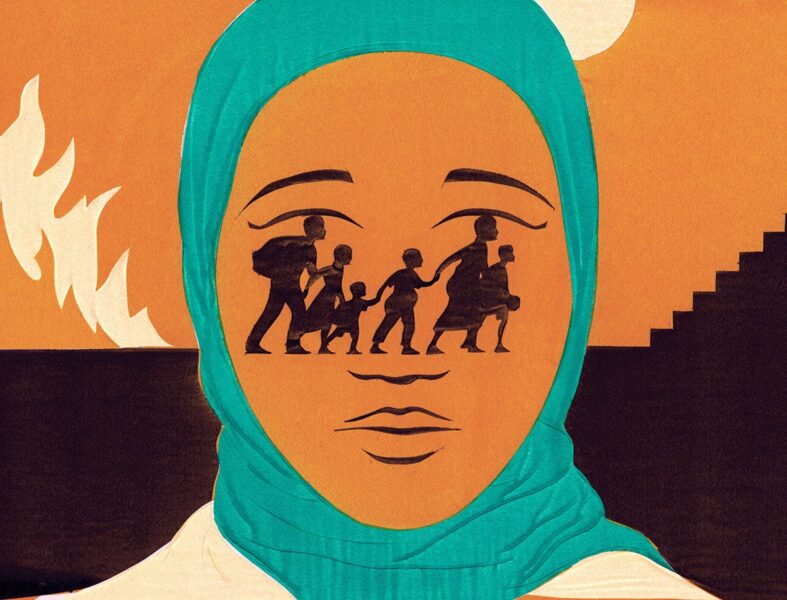
Greek National Human Rights Commission collects testimonies alleging the informal forced return of thousands of people from Greece



On 13 December 2023, the Greek National Human Rights Commission (NHRC) published the annual report of the Mechanism for Recording Incidents of Informal Forced Returns, which recorded testimonies of 50 incidents of informal forced returns of persons that, according to the victims’ reports, took place between April 2020 and October 2022.
The NHRC was established by Law no. 2667/1998 (Government Gazette Α’ 281/18.12.1998) as the independent advisory body of the State in application of the Paris Principles, adopted by the UN General Assembly in its resolution 48/134 “National Institutions for the Promotion and Protection of Human Rights” (NHRI) of 20 December 1993, and constitutes the national institution for the protection and promotion of human rights in the country.
The 50 cases of informal forced returns recorded involve at least 2,157 persons, including 214 women, 205 children and 103 persons with special needs, such as people with medical problems, people with disabilities and elderly people. The term ‘informal forced returns’ includes both the alleged pushbacks of asylum seekers and refugees, as well as any other form of forced removal of third-country nationals from Greek territory, reportedly conducted in an irregular and summary manner, meaning without following the legal procedures required for such removals. According to the law, any process of forced return of third-country nationals must be based on an individual decision, be subject to judicial review with legal remedies, and be carried out with respect for fundamental human rights
We recall that on 21 February 2022, the United Nations High Commissioner for Refugees (UNHCR) expressing its deep made a public statement concern at the “increasing number of incidents of violence and serious human rights violations against refugees and migrants at various European borders, several of which have resulted in tragic loss of life.”
Referring specifically to Greece the UNHCR expressed its alarm at “recurrent and consistent reports coming from Greece’s land and sea borders with Turkey, where UNHCR has recorded almost 540 reported incidents of informal returns by Greece since the beginning of 2020. At sea, people report being left adrift in life rafts or sometimes even forced directly into the water, showing a callous lack of regard for human life. At least three people are reported to have died in such incidents since September 2021 in the Aegean Sea, including one in January. Equally horrific practices are frequently reported at land borders, with consistent testimonies of people being stripped and brutally pushed back in harsh weather conditions.”
Under the rule of law, the authorities must refrain from the unlawful refoulement of refugees and migrants from their territory. Under international law, Greece must ensure effective international protection procedures that protect applicants from war, illiberal and undemocratic regimes and other risks in their countries of origin.
As the UNHCR has noted, European law requires that border surveillance measures must be implemented in full compliance with human rights and refugee law, including the 1951 Convention, while “States must honour their commitments and respect fundamental human rights, such as the right to life and the right to asylum”.
However, the report of the Mechanism for Recording Incidents of Informal Forced Returns refers to 50 pushback incidents involving at least 2 157 people, raising the possibility of the systematic violation of international law and, in particular, of Article 33 of the 1951 Convention relating to the Status of Refugees, which prohibits refoulement.
Bank Account number: 1100 0232 0016 560
IBAN: GR56 0140 1100 1100 0232 0016 560
BIC: CRBAGRAA
![]()
In a time where the very foundations of democracy are gradually being eroded by the rise of extreme nationalism, alt-right movements, the spread of disinformation and corporate capture, the efforts of organisations such as Vouliwatch are more relevant than ever.
We rely on the generosity of each and every one of you to continue with our efforts for more transparency and accounta
By financially supporting Vouliwatch you support our litigation strategy, our campaigns for transparency and accountability in the political system, the development of new civic tech tools, our research projects and last but not least our impartial and accurate